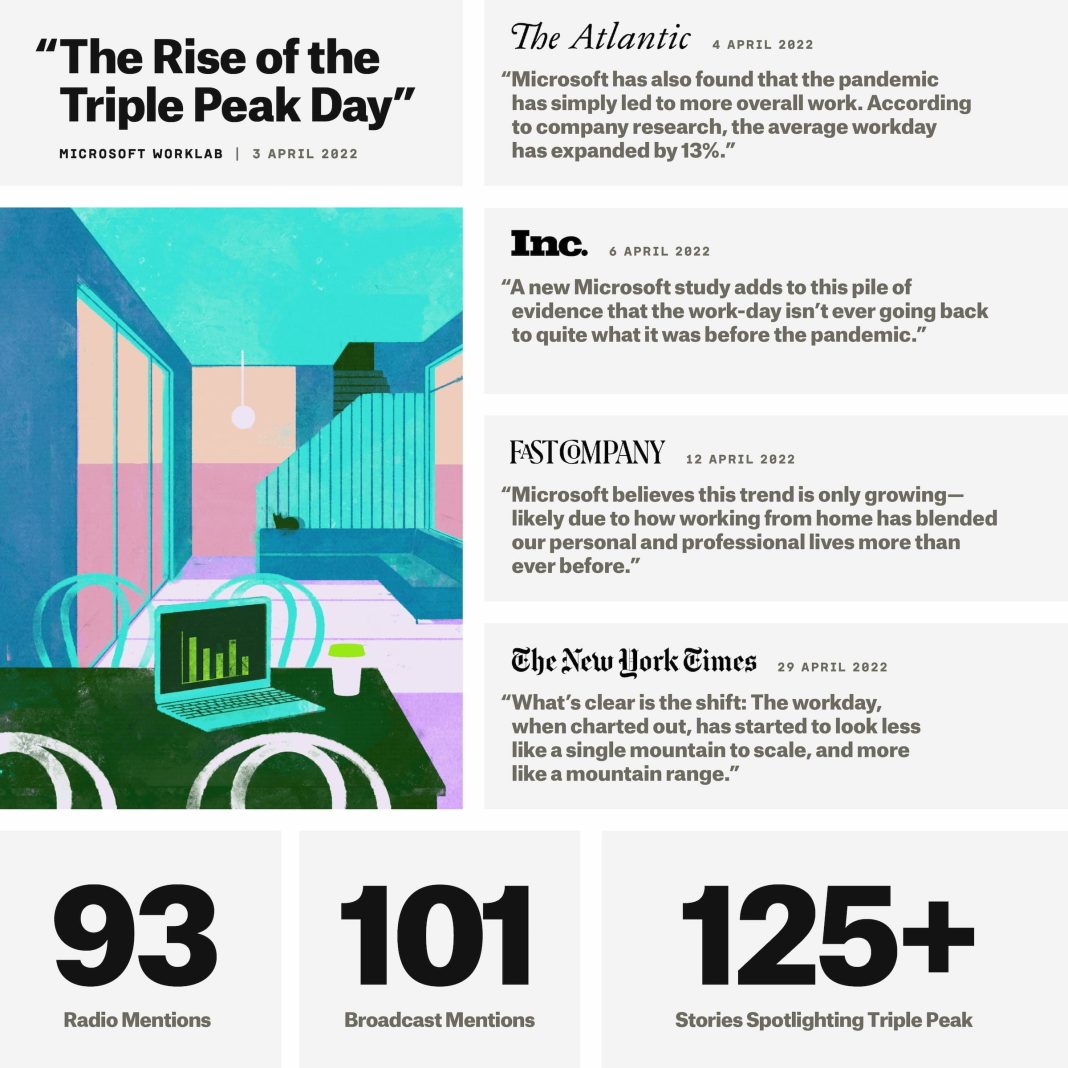 Target is partnering with Shopify to enhance its online marketplace, Target Plus. Through this collaboration, Shopify’s customers, which include smaller and up-and-coming brands, can apply to join Target Plus. The financial terms and length of the deal were not disclosed.
Target is partnering with Shopify to enhance its online marketplace, Target Plus. Through this collaboration, Shopify’s customers, which include smaller and up-and-coming brands, can apply to join Target Plus. The financial terms and length of the deal were not disclosed.
According to Target Chief Guest Experience Officer Cara Sylvester, Shopify will help Target discover popular and trendy items, making them available to online shoppers. Additionally, Target plans to put some of these items on store shelves. Sylvester believes that Target’s marketplace creates a “halo” effect and accelerates the total business. As the company expands its online assortment and adds eye-catching merchandise, customers tend to visit the website more frequently and buy from both marketplace sellers and Target’s own brands.
Target has been working to regain sales growth as consumers purchase less discretionary merchandise. The company has experienced four consecutive quarters of declining comparable sales, and its overall sales have fallen in three of the past four quarters. Its e-commerce business has also faced challenges, with digital sales growing just 1.4% in the first quarter.
However, Target is optimistic about its future performance. The company expects to return to sales growth in the second quarter, although this is partially due to weak performance in the previous year. For the full year, Target projects comparable sales to range from flat to up 2%, with adjusted earnings per share of $8.60 to $9.60.
While Target’s stock has underperformed the broader market, Shopify is also in need of a boost. Shopify’s shares plummeted after its May earnings report and are down approximately 17% so far this year.
Target Plus currently has a small fraction of the revenue and sellers compared to other third-party marketplaces like Amazon and Walmart. Target allows brands to join by invitation only and currently has over 1,200 sellers. In contrast, Amazon has about 2 million sellers, and Walmart has approximately 135,000 sellers.
Target’s marketplace offers a diverse range of products, including viral items like the UnBrush and premium products like Ray-Ban sunglasses and Coach accessories. The retailer has seen momentum in its marketplace, with its seller and product count more than doubling over the past year.
While Target does not disclose revenue from its third-party marketplace separately, it considers Target Plus one of the fastest-growing parts of its business. Brands that join Target Plus also become potential customers of Roundel, Target’s advertising business, which grew by over 20% in the most recent quarter.
Third-party marketplaces have become increasingly popular in retail due to their ability to drive higher profits. Instead of buying goods from suppliers, retailers rely on sellers who store and own the inventory. Retailers receive a cut of sellers’ sales and can charge for additional services such as order fulfillment and advertising.
Walmart has been actively ramping up its marketplace efforts to compete with Amazon. The company has been recruiting sellers and offering new services like shipping bulky items. In the first quarter, Walmart saw a 36% growth in sellers in its U.S. marketplace and now offers over 420 million unique items.
In addition to Walmart, other marketplaces such as TikTok Shop and Temu are also experiencing rapid growth.
Overall, Target’s partnership with Shopify is expected to strengthen its online marketplace and drive sales growth. By leveraging Shopify’s network of brands, Target can offer a wider range of products to its customers, both online and in-store. The collaboration with Shopify aligns with Target’s strategy to enhance its e-commerce business and compete with rivals like Amazon and Walmart in the evolving retail landscape.


